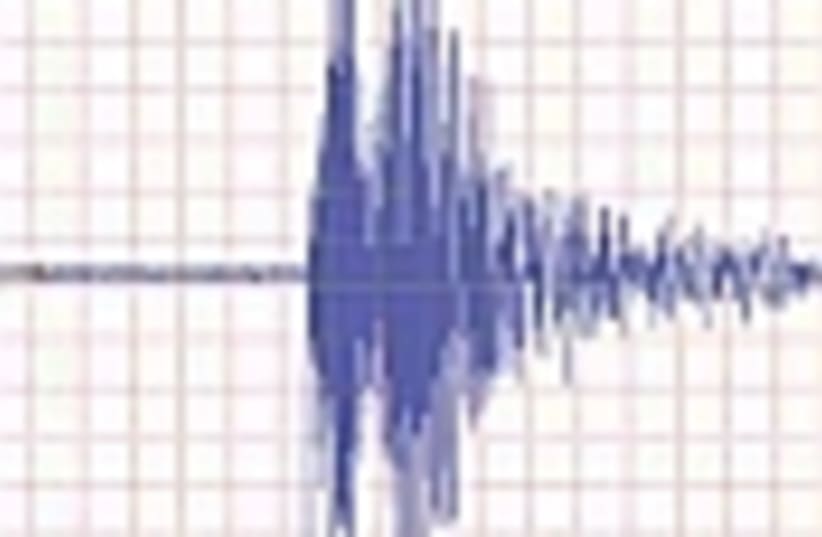| More about: | Israel, Bar-Ilan University, San Francisco, Dead Sea |
Expert: Israel may not get 'big' quake in coming decades
Havlin's new research suggests that earthquakes have what his team calls "memory" in their recurrence time.


| More about: | Israel, Bar-Ilan University, San Francisco, Dead Sea |